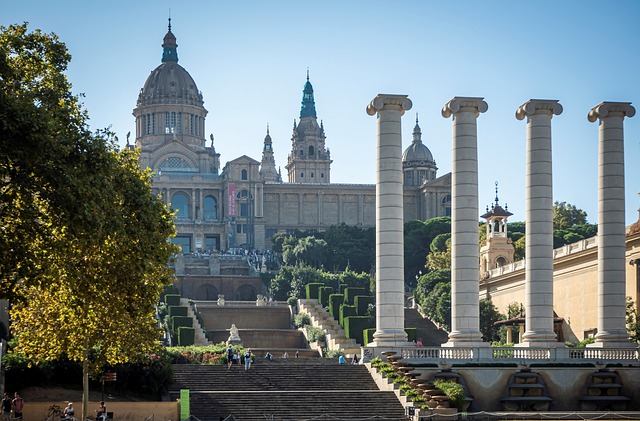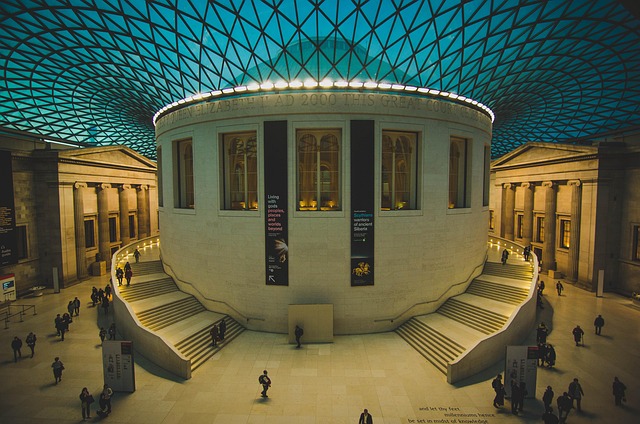Springfield's history with its logging industry has shaped its economy and community growth. The city's past success in forestry led to a decline but inspired a remarkable transformation. Former industrial sites were redeveloped into cultural hubs, fostering a vibrant sense of community. Today, Springfield balances economic evolution and heritage preservation while embracing sustainability through greener practices. The logging industry remains integral to the region's identity, contributing to its diverse economy and cultural renaissance.
Springfield, with its rich history rooted in the vibrant Springfield logging industry, has evolved into a thriving community focused on growth and development. This article delves into the multifaceted transformation of this urban space, highlighting key aspects such as the legacy of its historical logging past, community development initiatives, sustainability efforts, economic impact, and cultural vibrancy that define its modern identity. Discover how Springfield’s journey navigates both tradition and innovation.
- Springfield's Historical Logging Industry: A Legacy
- Community Development: Transforming Urban Spaces
- Greener Future: Sustainability in Growth
- Economic Impact: Jobs and Business Flourishing
- Cultural Vibrancy: Enhancing Springfield's Identity
Springfield's Historical Logging Industry: A Legacy
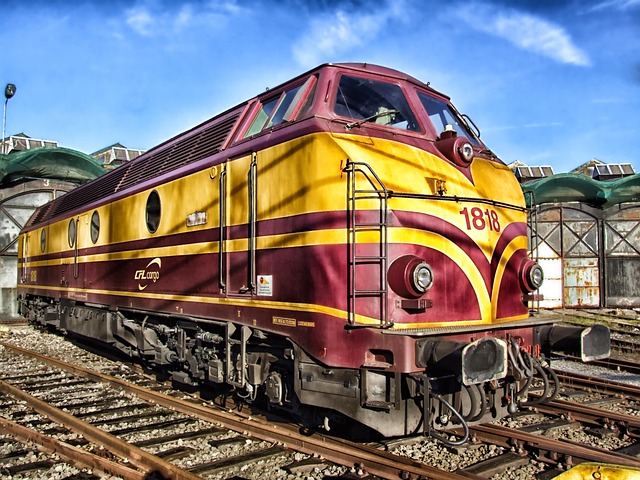
Springfield’s historical logging industry is a testament to the community’s resilience and resourcefulness. Once a bustling hub of sawmills and lumber yards, the town leveraged its abundant forests to drive economic growth for decades. The legacy of this era is evident in the city’s robust construction sector and the preservation of several historic sites related to logging activities.
Today, while Springfield has moved on from its dependence on timber, the industry’s heritage remains an integral part of the community’s identity. Local museums house artifacts and exhibits that tell the story of the men and women who toiled in the forests, contributing to the town’s prosperity. This historical context provides a foundation for understanding Springfield’s current trajectory as it continues to evolve and adapt to new economic opportunities while preserving its unique past.
Community Development: Transforming Urban Spaces
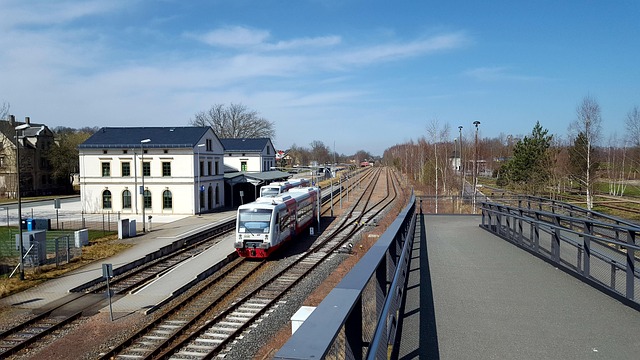
Springfield’s community growth and development have been significantly shaped by its historical ties to the logging industry, which once dominated the region’s landscape. Over time, however, the city has undergone a remarkable transformation, converting urban spaces from industrial wastelands into vibrant hubs of cultural and recreational activities. This metamorphosis is a testament to Springfield’s resilience and adaptability.
The decline of the logging industry led to a need to reinvent the community. Local leaders and residents collaborated to redevelop former industrial sites, turning them into parks, art galleries, and public squares. These revitalized spaces not only enhance the aesthetic appeal of the city but also foster a strong sense of community. Springfield’s ability to transform its past into a thriving present is a testament to its enduring spirit and serves as an example for other urban areas facing similar challenges.
Greener Future: Sustainability in Growth
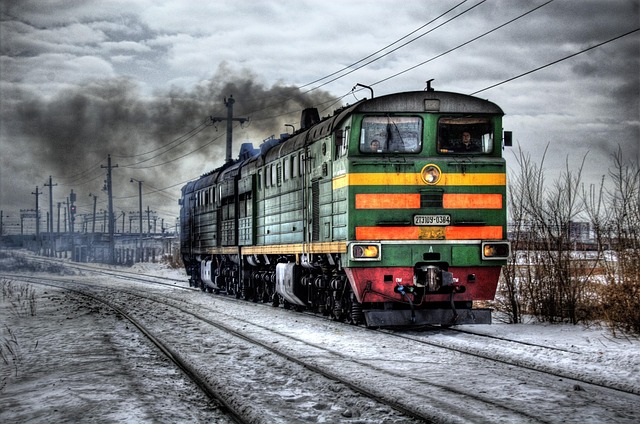
Springfield’s community growth and development have been closely tied to its historical foundation in the logging industry. However, as the region evolves, there is a growing emphasis on embracing a greener future through sustainable practices. This shift is not just about environmental conservation but also about ensuring the long-term prosperity of both the community and the local economy.
By promoting sustainability, Springfield can transition from its reliance on traditional logging to a more diverse and eco-conscious landscape. This involves encouraging renewable energy sources, implementing green building practices, and fostering a culture that values biodiversity and natural resource conservation. Such initiatives not only mitigate environmental impact but also attract environmentally conscious residents and businesses, further diversifying Springfield’s economic base. The region can thus achieve sustainable growth while preserving its unique natural heritage for future generations.
Economic Impact: Jobs and Business Flourishing
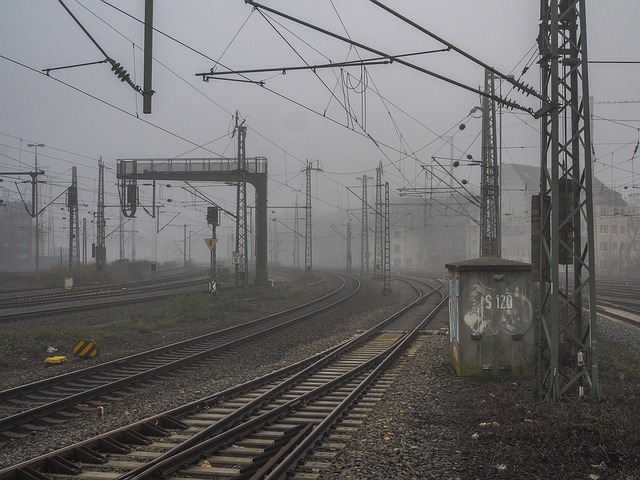
Springfield’s economic landscape has been traditionally shaped by its robust logging industry, which continues to be a cornerstone of its community growth. The sector’s resilience and adaptability have spurred job creation and business flourishing, contributing significantly to the town’s overall prosperity. Local enterprises, from sawmills to wood product manufacturers, thrive on the ample resources provided by the surrounding forests, fostering a sustainable economic cycle.
This economic impact is not merely limited to direct industry involvement. Supporting businesses, such as transport services, hardware stores, and restaurants, also benefit from the logging industry’s vibrancy. As Springfield’s community grows, so does its capacity to attract diverse investments, ensuring a resilient and dynamic local economy that continues to drive development and enhance the quality of life for residents.
Cultural Vibrancy: Enhancing Springfield's Identity
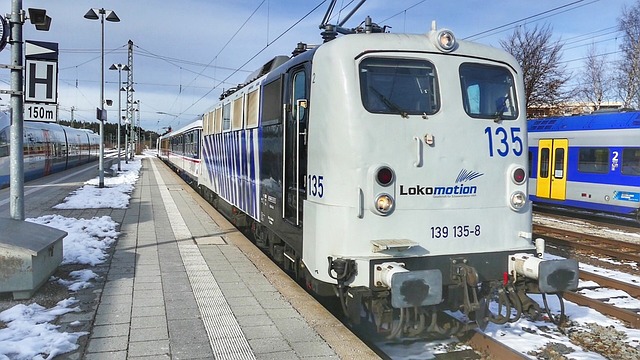
Springfield, known for its rich history in the logging industry, is undergoing a cultural metamorphosis that’s enhancing its identity. The city’s diverse population and vibrant arts scene are reshaping it into a dynamic community, attracting folks from all walks of life. This cultural vibrancy is evident in the numerous festivals, exhibitions, and performances that take place throughout the year, showcasing Springfield’s unique character and storytelling traditions.
The transformation extends beyond the arts. Local businesses are thriving, with an increasing number of restaurants, cafes, and boutiques bringing a diverse culinary and shopping experience to the city. This growth is not just about economic development; it’s about fostering a sense of community and belonging, making Springfield a true symphony of culture that stands out in the region. The logging industry’s legacy remains, but the modern face of Springfield is one of innovation, creativity, and a warm, welcoming atmosphere.









